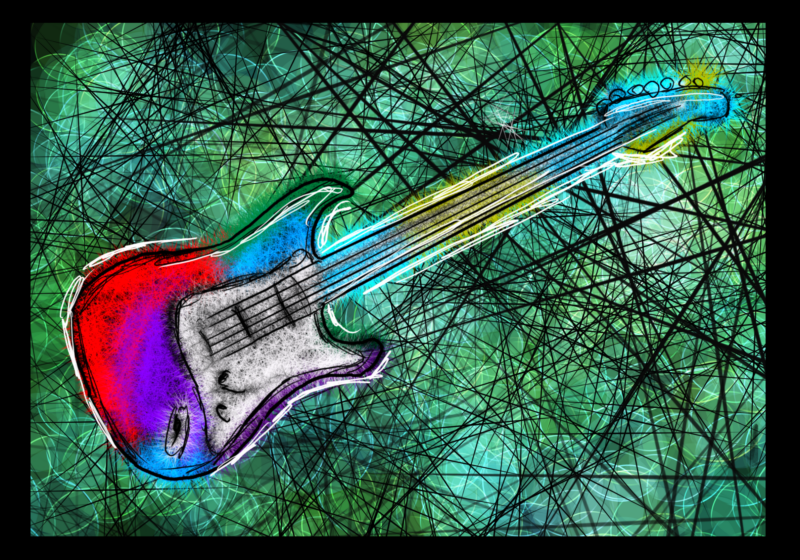You have an accent, I have an accent, and so does everybody else on Earth.
This might not make sense to you at first. When I mentioned to some friends that we all have accents, most of them proudly replied, “Well, I speak perfect English/Chinese/etc.” But this kind of misses the point.
More often than not, what we mean when we say someone “has an accent” is that their accent is different from the local one. We’re usually talking about pronunciations different from our own, and sometimes foreign slang usage. But this definition of accents is limiting and could give rise to prejudice.
Funnily enough, in a linguistic sense, every person speaks with an accent. A linguist’s definition of an accent refers to systematic phonological variation. In simpler terms, the regular differences in how we produce sounds define our accents. For example, in American English, the words “three” and “tree” are pronounced differently. But in Singapore Colloquial English, “three” is pronounced the exact same way as “tree.”
It’s time to reframe how we view accents. Even if you don’t hear it yourself, or it’s not as dramatic as a TV New Yorker, you speak with some sort of accent. In this sense, it’s pointless to point out that someone “has an accent.” We all do! The right question to ask is, “What particular accent does the person have?”
Every person speaks a dialect, too. In the linguistics definition, a dialect is a version of a language that is characterized by its structural and lexical variations. For instance, “You got eat or not?” (meaning “Have you eaten?”) is an acceptable and understood question in Singapore Colloquial English. The fact that this expression would cause a Standard American English speaker to take pause doesn’t mean that Singapore Colloquial English is “wrong” or “ungrammatical.” The sentence is well-formed and clearly communicative, according to native Singapore English speakers’ robust system of grammar. Why should it be wrong just because it’s different?
We need to move beyond a narrow conception of dialects and accents — for the benefit of everyone.
Language differences like these provide insights into people’s cultural experiences and backgrounds. In our global school in a global age, the way we speak is a distinct part of one’s identity. There is much that accents and dialects could teach us about cultures, if we would just listen. As senior Sakhile Ntshangase once wrote in the Campus Times, “Accents can be the beginning of intriguing conversations.” Most people would be happy to talk about the cultures behind their speech. We’d learn more about the world we live in and make friends along the way.
Despite COVID-19, students have come back to campus from all across the United States and the world. Next time you hear something like, “You want to go Makan?” (“You want to go eat?”), don’t label it a “foreign” or “inferior” accent, or an incorrect version of the language. Rather, treat it as a perk of our diverse campus community.






